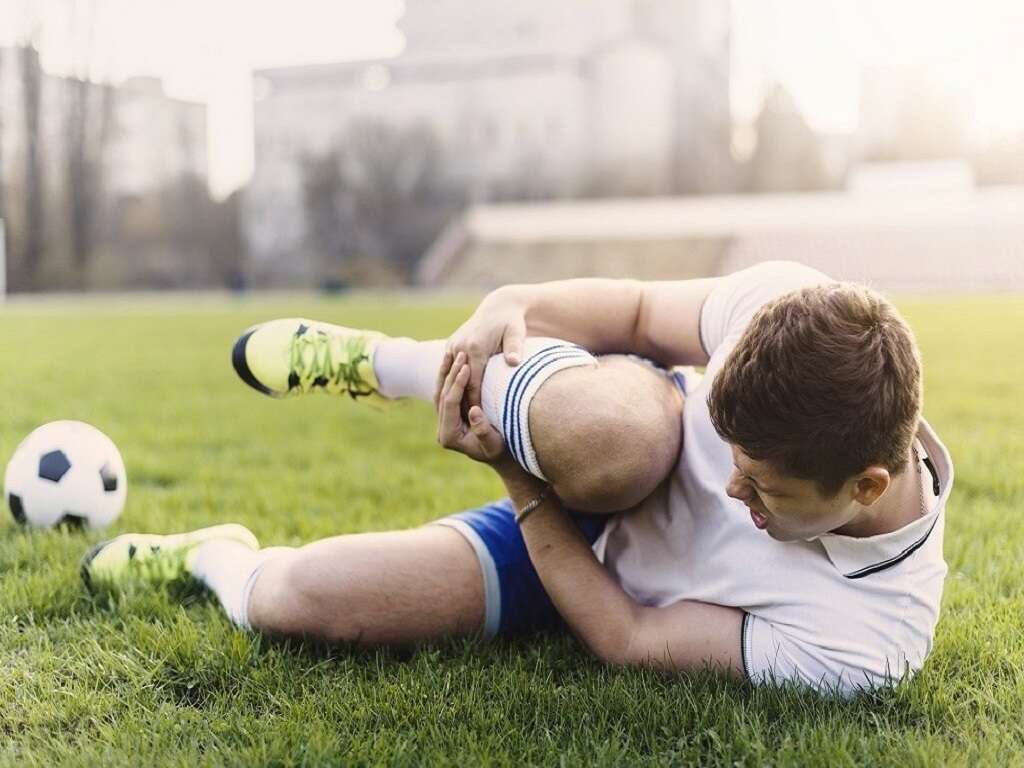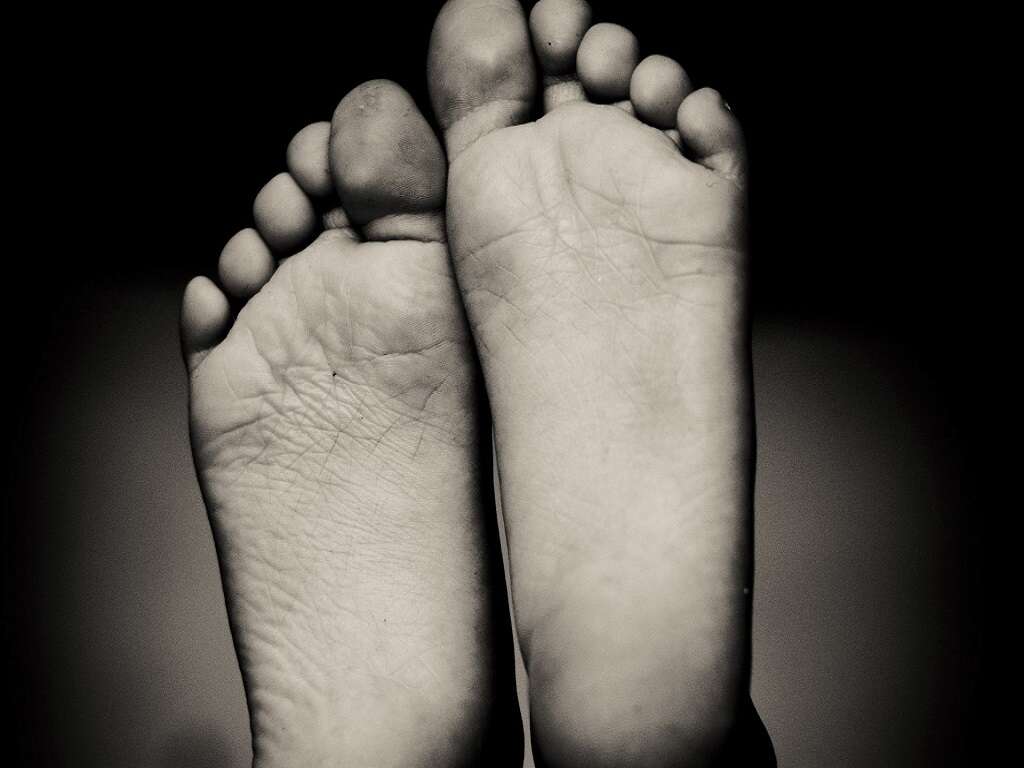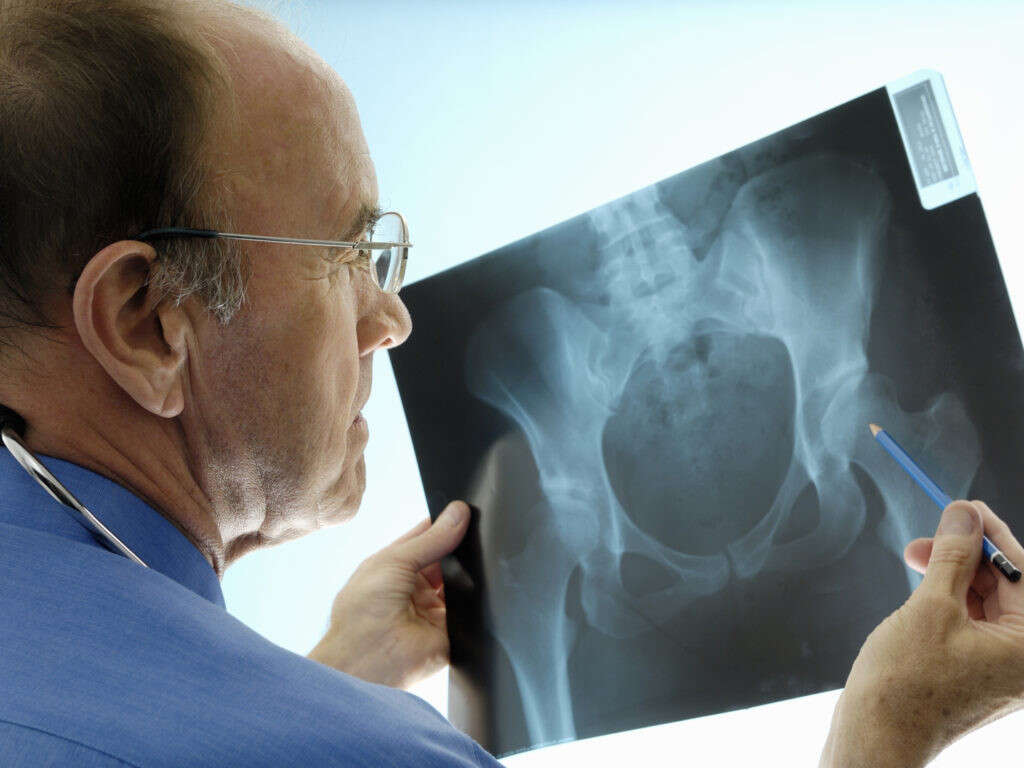10 Hip Fracture Symptoms
The hip is one of the most important areas in the body, and thus a fracture in this area can be quite debilitating. Hip fractures are considered serious injuries and, in certain cases, can even threaten the life of the person experiencing the injury. The risk of having a hip fracture tends to get higher as people grow older because bones tend to grow weaker as we age. There are also a number of other influences that can make older people more susceptible to hip injuries—medication, eyesight issues, and problems with balance can all contribute to an increased likelihood of falling and injuring the hip. If your bones are exceedingly weak, hip fractures can occur from something as simple as a twisting motion.
A hip fracture generally requires some sort of serious medical intervention, such as a surgery or a full-out hip replacement. Most often after this, patients will have to undergo some form of physical therapy to regain control of their body. The best way to manage a hip injury is to avoid getting one in the first place. There are several things that you can do to help prevent a hip fracture, such as ensuring that your bones are strong and healthy and making sure to develop a home environment in which you’re unlikely to trip or fall.
In most cases, a hip fracture can be identified simply by the intense pain and inability to move that occurs after the injury. However, some people may fracture their hip without realizing it and be unsure as to whether or not they actually need to seek medical attention. In this article, we’re going to outline some of the most common symptoms of a hip fracture so you can decide on whether or not it’s best for you to seek medical help.
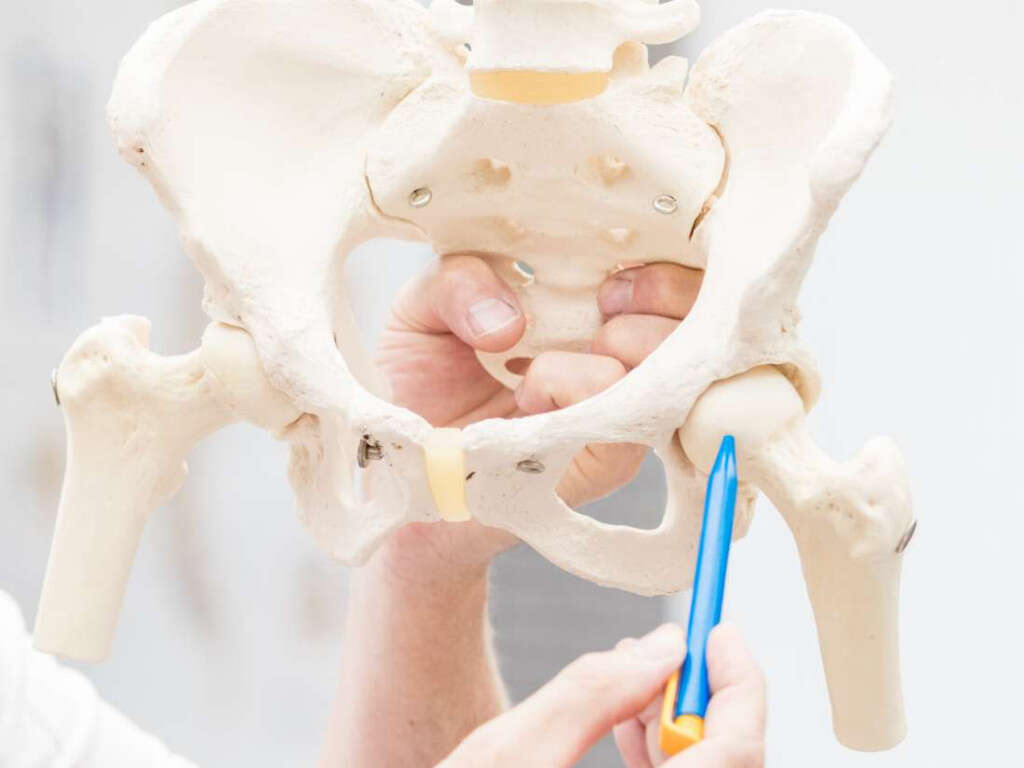
Symptom #1: Pain in the Hip
One of the most telling things about a hip fracture is the pain that a person will experience after the injury occurs. In many cases, the pain will be immediate and quite severe, striking the hip region (the side of the body below the navel where the bone can be felt by applying pressure).
In some cases, people may go into shock shortly after experiencing a hip fracture. This tends to occur after a serious injury like a car crash or something else that can shock the body out of its normal state. This can be dangerous because a person might walk on their injured hip and aggravate the injury.

Symptom #2: Pain in the Groin
Many people associate the hip with the part of the bone that extends outward toward the side of the body, but the hip actually covers quite a bit of area in the body. The hip also extends inward toward the groin, and it’s possible to fracture the hip in this region as well.
If this happens, you’ll probably experience a significant degree of pain in the groin region at the top of the thighs and near the genitals.

Symptom #3: Difficulty Bearing Weight
Another thing that tends to happen to people struggling with a hip injury is difficulty bearing weight, especially on the side of the body where the injured hip is located.
The hips are among the most important weight-bearing joints in the body, and if they are injured in any way it can make it hard for a person to support their own weight. This can lead to limping and difficulty performing daily tasks.

Symptom #4: Inability to Move
Some people experience immobility after they fracture their hip. This generally only occurs right after they injure their hip, but the symptom can be quite disconcerting.
If you find that you fall or otherwise injure yourself and are unable to move easily, don’t force yourself—this is a sign that you should seek medical attention and have the issue addressed.
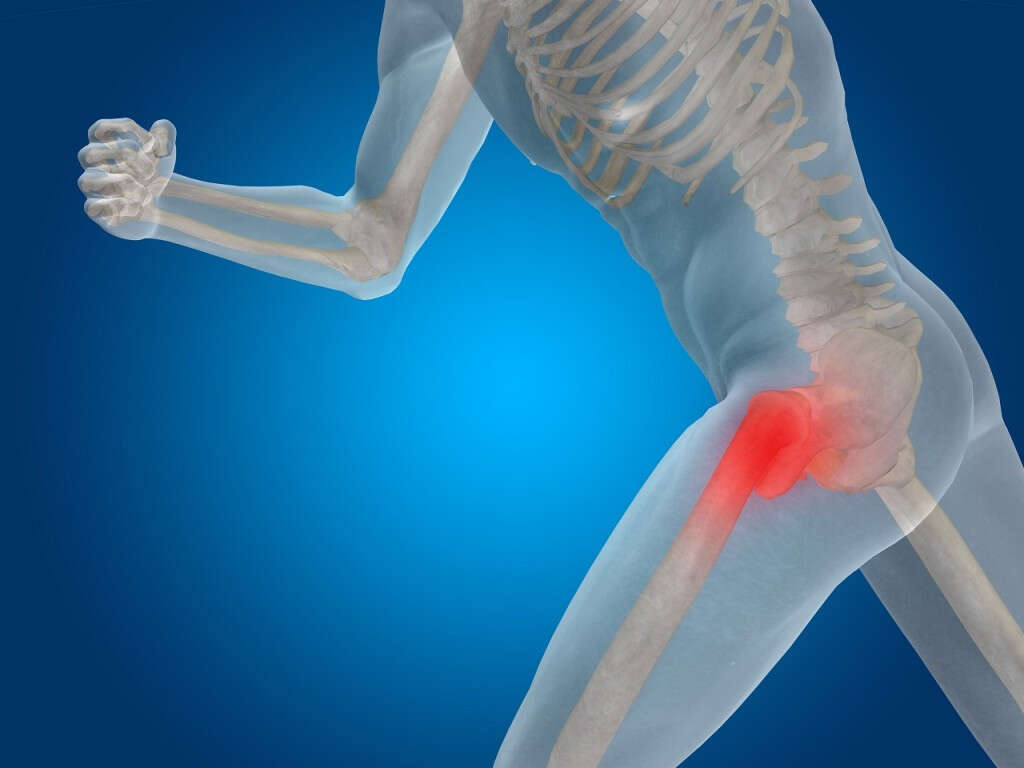
Symptom #5: Stiffness
During the early stages of a hip injury, people may be distracted by more intense symptoms such as pain and immobility to experience any stiffness.
That said, stiffness is one of the most lingering symptoms of a hip injury that you will experience. In fact, some people have found that their hips remain stiff for the rest of their lives after experiencing a serious hip fracture. Physical therapy can help to minimize this discomfort.
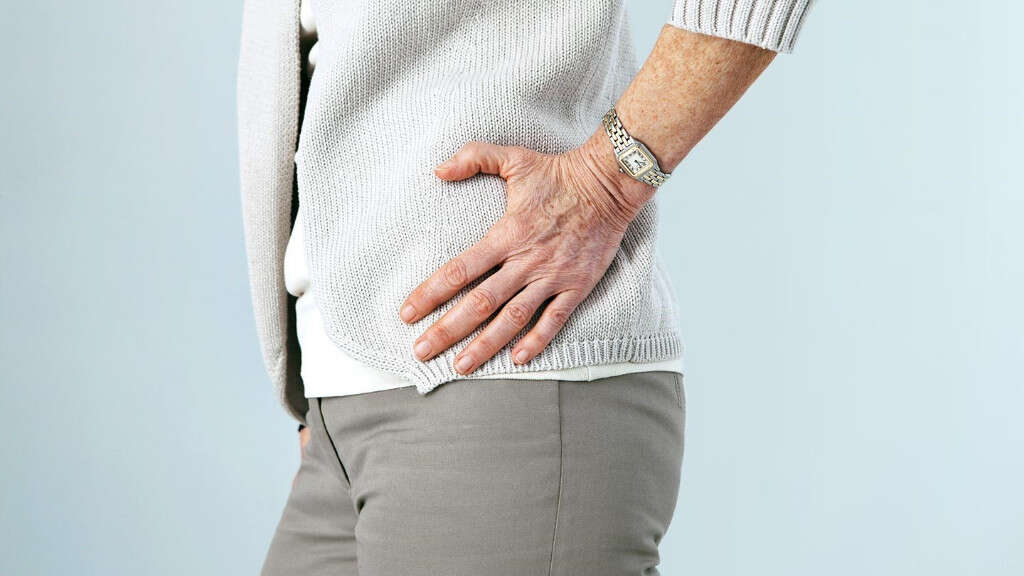
Symptom #6: Mismatched Leg Length
One symptom that could indicate that you have fractured your hip is a mismatched leg length.
You might notice that the leg on the side of your injured hip is shorter or longer than your other leg. This can make it difficult to balance and move around.

Symptom #7: Bruising
Bruising is caused when blood vessels burst under the skin. The resulting tinge is the effect of blood pooling underneath the skin.
It’s certainly possible to rupture some blood vessels if you fracture your hip, so it’s not surprising that one symptom of a hip fracture is bruising.
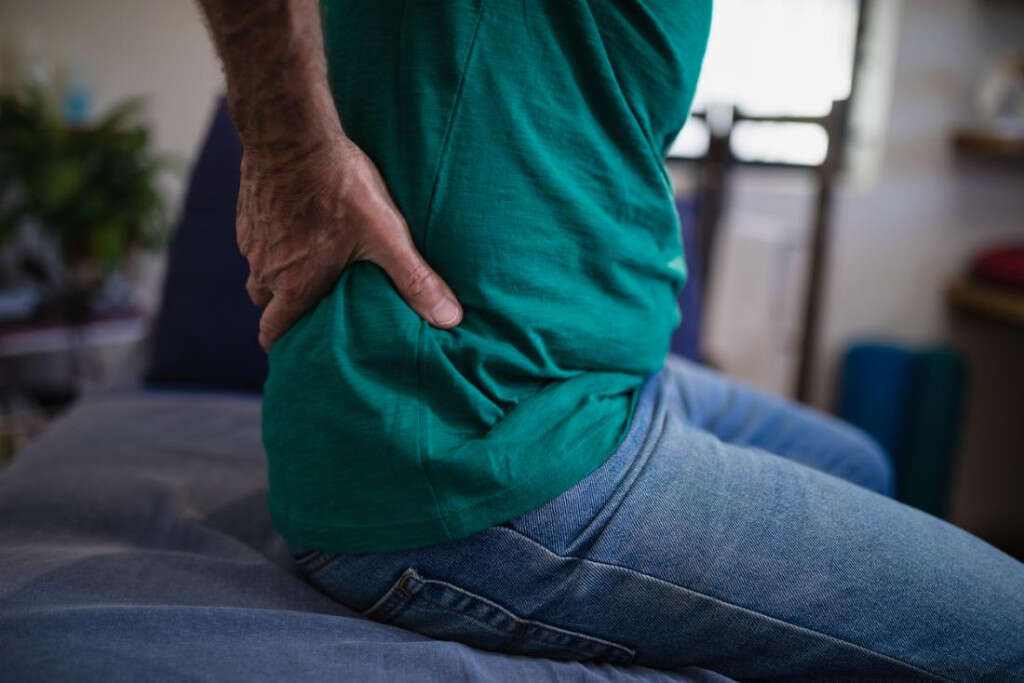
Symptom #8: Swelling
Another thing that you might experience if you’ve fractured your hip is a degree of swelling. The location of the swelling depends on where and how badly you fracture your hip.
It can occur as a result of inflammation or blood pooling under the skin and may or may not be accompanied by bruising.

Symptom #9: Leg Turned Outward
Another thing that people may notice when they have experienced a hip fracture is that their leg may turn outward after they have injured it.
This would occur on the side of the leg that has been injured and can have an influence on their mobility.
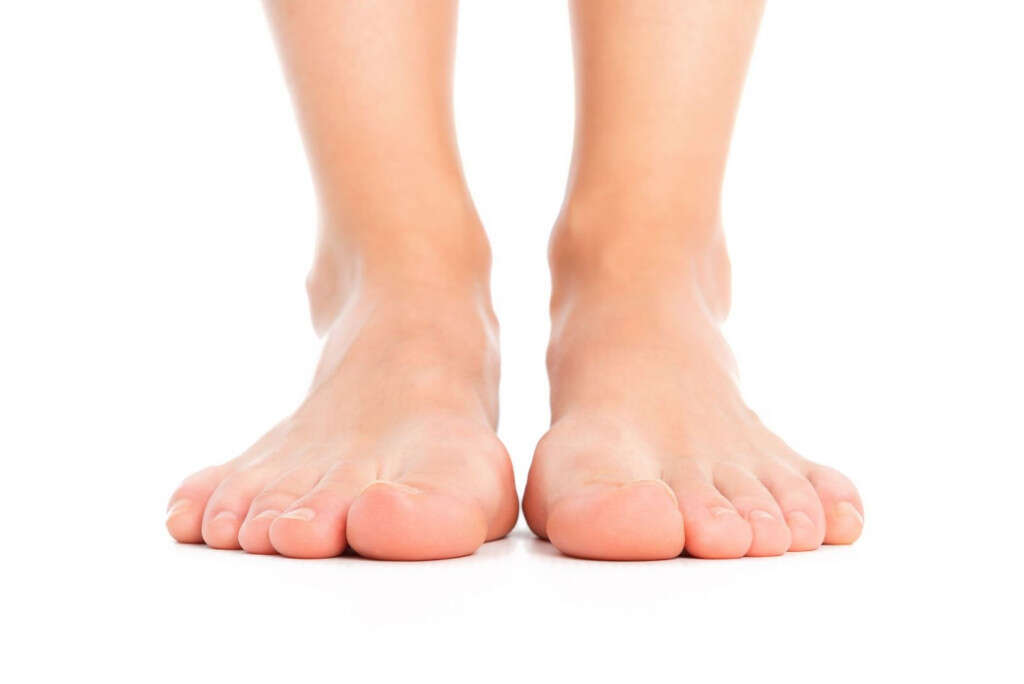
Symptom #10: Difficulty Balancing
Another thing that can occur after you have experienced a hip fracture is that you may have difficulty balancing.
This would, of course, be a problem when you are still experiencing the pain and discomfort of a fractured hip. However, you may find that you have problems balancing for a long time after injury occurs.




